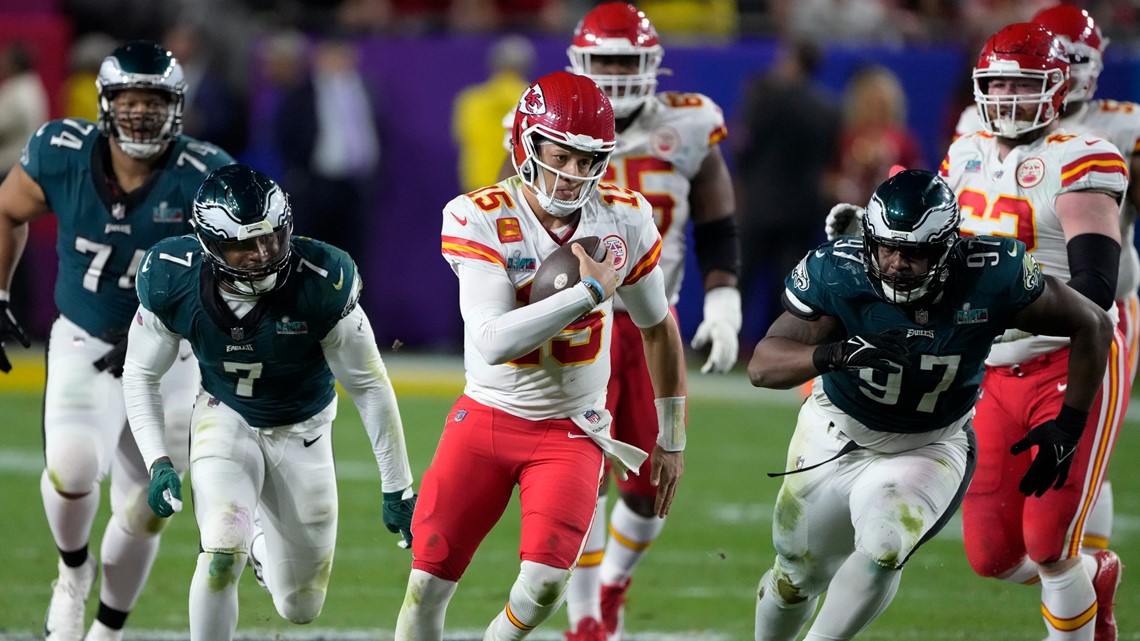
Toma, often called ‘The Sodfather,’ has worked on every Super Bowl field in the NFL’s history.
WASHINGTON — The NFL’s former Super Bowl groundskeeper, who has had a hand in the preparation of every Super Bowl field in the league’s history, says the field was especially slippery during the Feb. 12 game because of errors in how the league prepared for the event.
George Toma, often called “The Sodfather,” spoke with ESPN about the field’s conditions after Super Bowl LVII, which was his last Super Bowl before retiring at age 94.
From a field perspective, the big game at the State Farm Stadium in Glendale, Arizona was a bit like watching a slip and slide. Players from both teams had a hard time keeping their footing, leading several to change their cleats.
Kansas City Chiefs quarterback Patrick Mahomes slipped while trying to make a cut, early in the game, but was able to gain a few more yards from the play. Kansas City receiver Skyy Moore lost his footing on a jet sweep and running back Isiah Pacheco even slipped during his celebration after scoring a touchdown.
Philadelphia Eagles quarterback Jalen Hurts was among the players who changed cleats to get better traction.
Toma told ESPN that the issues could have been avoided if the grass had been dried before being placed. According to the sports network, Toma said the field was watered Wednesday morning and was immediately moved into the stadium.
Without any time to dry in the sun, it soaked in the water and became soggy. Toma said the NFL’s field director, Ed Mangan didn’t give the grass enough time to rest before moving it indoors.
Then, the grass was kept under a tarp while rehearsals took place for the pregame, halftime and postgame shows. That tarp caused the grass to start decaying, Toma said, filling the stadium with the odor of rot.
“So, what he does,” Toma told ESPN of Mangan’s prep work, “he waters the hell out of it and puts it right into the stadium and that’s it. Never sees sunlight again. He can’t do that.”
Mangan worked under Toma for years before the latter moved to an advising position.
Toma denied allegations from fans that the type of grass used during the game was partly to blame. He said he had used rye grass for 27 Super Bowls.
The NFL spent two years preparing the field for 2023’s Super Bowl. In a statement released to ESPN after the game, the league defended the grass, saying it was completely up to code.
“The State Farm Stadium field surface met the required standards for the maintenance of natural surfaces, as per NFL policy,” the league said in the statement. The natural grass surface was tested throughout Super Bowl week and was in compliance with all mandatory NFL practices.”
